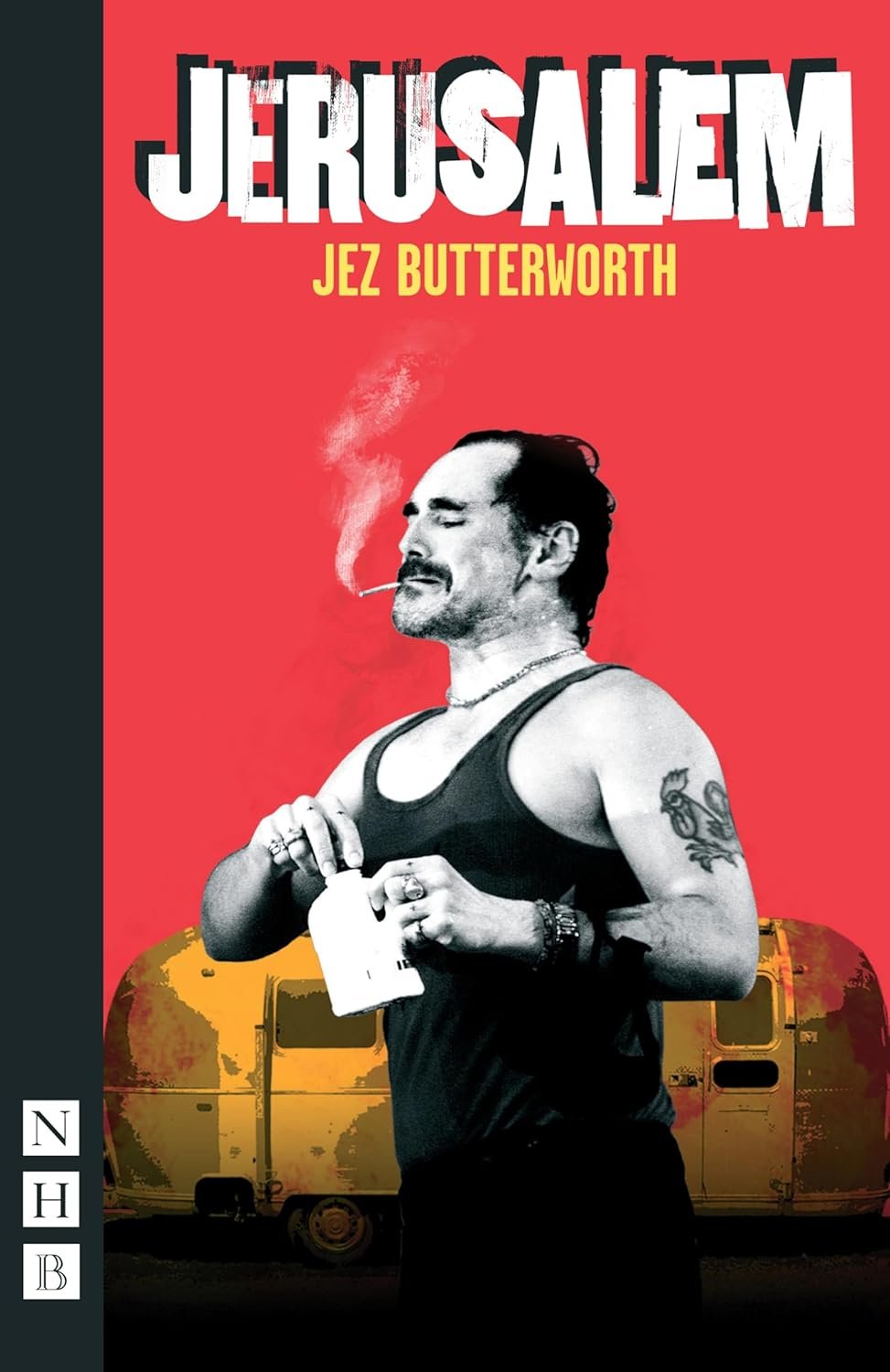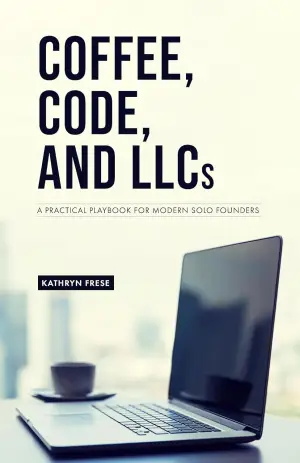A Journey Through "Jerusalem": Reclaiming Chaos and Humanity in the English Countryside
When I first picked up Jez Butterworth’s Jerusalem, I was drawn in by the title that evokes a sense of place as much as it does a state of mind. Set against the backdrop of St George’s Day in England’s pastoral landscape, the play reveals a wild, chaotic microcosm that resonates deeply with themes of rebellion and identity. Intrigued by Butterworth’s reputation as a masterful playwright, I dove in, eager to explore the eccentric tapestry he weaves through the character of Johnny ‘Rooster’ Byron.
At its heart, Jerusalem is a story about defiance—both against authority and the unwavering expectations of societal norms. Rooster is an anti-hero in the truest sense, a scruffy figure who embodies a spirit of freedom tinged with recklessness. With a council bent on evicting him, a son yearning for a father’s love, and a collection of misfits and hangers-on, Rooster’s life is a whirlwind of demands and desires that examines what it means to truly belong (or not) to a place.
The characters are richly drawn, each with their own quirks and flaws. I found myself laughing at the absurd yet relatable encounters, from the vengeful father wanting to settle scores to Rooster’s devoted crew seeking their fix of drugs and alcohol. There’s a stark realism in the chaos, punctuated by poetic language that makes one pause and reflect. Butterworth’s dialogue flows seamlessly, capturing the raw, unvarnished speech of contemporary England while also infusing it with a touch of absurdity reminiscent of the best traditions of British theatre.
One of the aspects that struck me most was the play’s pacing. Butterworth expertly balances the frenetic energy of the characters with the introspective moments that invite contemplation. You feel the thrum of life in the dialogue and action, yet you’re also given space to breathe amidst the chaos. This ebb and flow is a testament to Butterworth’s skill, keeping the audience on their toes while allowing for profound emotional resonance.
Quotes from the play linger in my mind, especially those that capture the essence of Rooster’s wild spirit. For instance, his musings on the nature of freedom and the complicated ties that bind us are both humorous and poignant, reflective of a deeper philosophy that speaks to the human experience.
As I turned the final pages, I couldn’t help but reflect on the broader implications of the play. Jerusalem isn’t just a tale of defiance; it’s a celebration of the untamed, rough-and-ready essence of life itself. It grapples with the tensions between tradition and contemporary values, making it particularly relevant in today’s rapidly changing society.
I wholeheartedly recommend Jerusalem to anyone who revels in rich, character-driven narratives and enjoys theatre that challenges social norms. Fans of dark comedy, gritty realism, and a touch of the absurd will find much to love in Butterworth’s work. Ultimately, this play not only entertains; it confronts us with the complexities of freedom and community, making it a deeply impactful experience that lingers long after the curtain falls.
You can find Jerusalem (NHB Modern Plays) here >>







